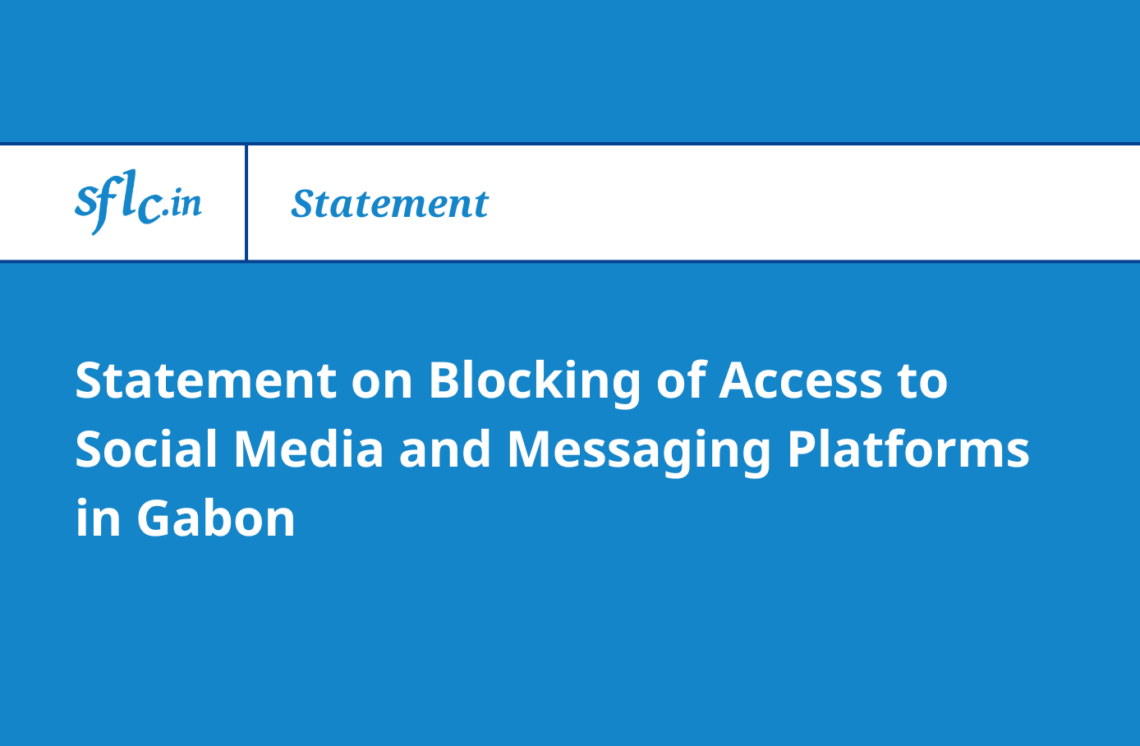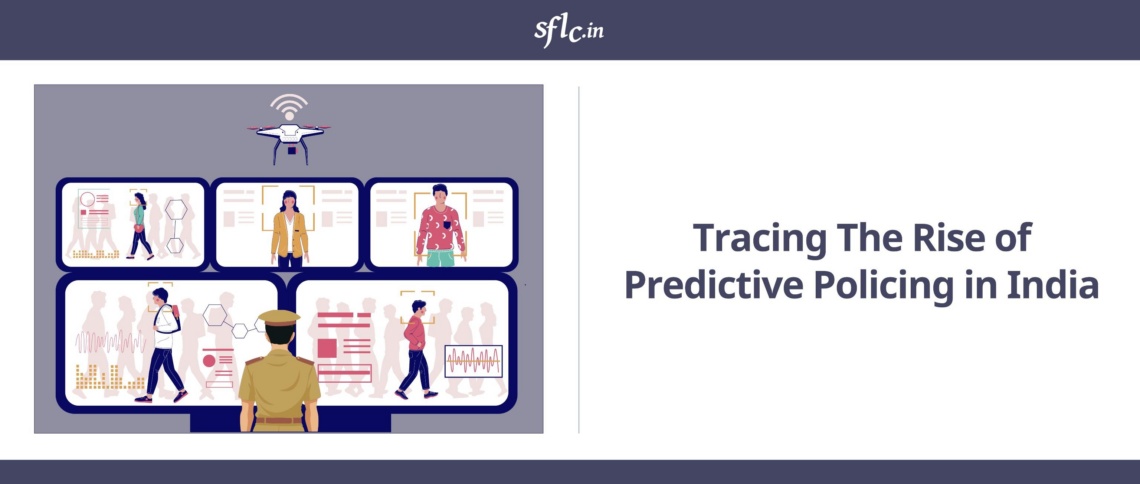The Controller General of Patents, Designs and Trademarks has issued an order dated February 19, 2016 publishing the revised Guidelines for Computer Related Inventions. The current guidelines are in tune with the provisions in the Patents Act, 1970 (as amended).
Section 3(k) of the Patents Act that was included by an amendment in 2002 excludes mathematical methods, business methods, computer programmes per se and algorithms from the realm of patentable subject matter. Although an attempt was made to broaden the scope of patentability of software by an ordinance in 2004 and by an amendment in 2005, this was rejected by the legislature.
The Patent Office had earlier published the Guidelines on August 21, 2015. These guidelines were against the statutory provisions and could have resulted in a flood of patents being granted in the field of software. SFLC.in along with iSPIRT (Indian Software Product Industry Round Table) and Knowledge Commons led a group of civil society organisations, academicians and start-ups in writing a joint letter to the Prime Minister’s Office, the concerned ministries and the Patent Office requesting to recall the Guidelines.
The Government and the Patent office quickly responded to the letter. The Controller, after listening to the views expressed by SFLC.in and Knowledge Commons at a meeting held on October 21, 2015, issued an order dated December 14, 2015 keeping the guidelines in abeyance. The Controller then held a public consultation at the patent office in Mumbai on January 19, 2016.
The 2015 guidelines could have resulted in making it difficult for software developers to innovate with expansion of scope of patentability in the field of software. Prasanth Sugathan, counsel at SFLC.in, who represented the organisation at the consultations said: “The legislature by limiting the scope of patentable subject matter in the field of software wanted our software professionals and industry to innovate and not be stifled by companies holding a stockpile of patents. We are grateful to the Government and the patent office for listening to our feedback and suggestions and preserving the freedom of our coders and entrepreneurs to innovate without shackles.”
Mishi Choudhary, Executive Director, SFLC.in and Expert, Software Patent Group at ISPIRT said “This Government initially with its approach towards Net Neutrality and now with its stand on Software Patents has shown that it is betting big on the innovation economy and will not let anything hinder the freedom to innovate. We hope to continue to work with the Government and the Patent Office to ensure that innovation is encouraged and to limit the grant of irregular patents.”
The patent office has accepted the three part test suggested by SFLC.in to determine the patentability of CRIs:
(1) openly construe the claim and identify the actual contribution;
(2)If the contribution lies only in mathematical method, business method or algorithm, deny the claim;
(3) If the contribution lies in the field of computer programme, check whether it is claimed in conjunction with a novel hardware and proceed to other steps to determine patentability with respect to the invention.. The computer programme in itself is never patentable. If the contribution lies solely in the computer programme, deny the claim. If the contribution lies in both the computer programme as well as hardware, proceed to other steps of patentability.
Such a test will ensure that applications for patents in the field of software will be rejected and only genuine applications claiming a novel hardware component along with software will be eligible for patent protection.
For more information please contact:
Mishi Choudhary,
Executive Director, SFLC.in
+1 917 325 8594
mishi-at-softwarefreedom-dot-org
Prasanth Sugathan,
Counsel, SFLC.in
+91 90135 85902 / +91 94472 91565
prasanth-at-sflc-dot-in



